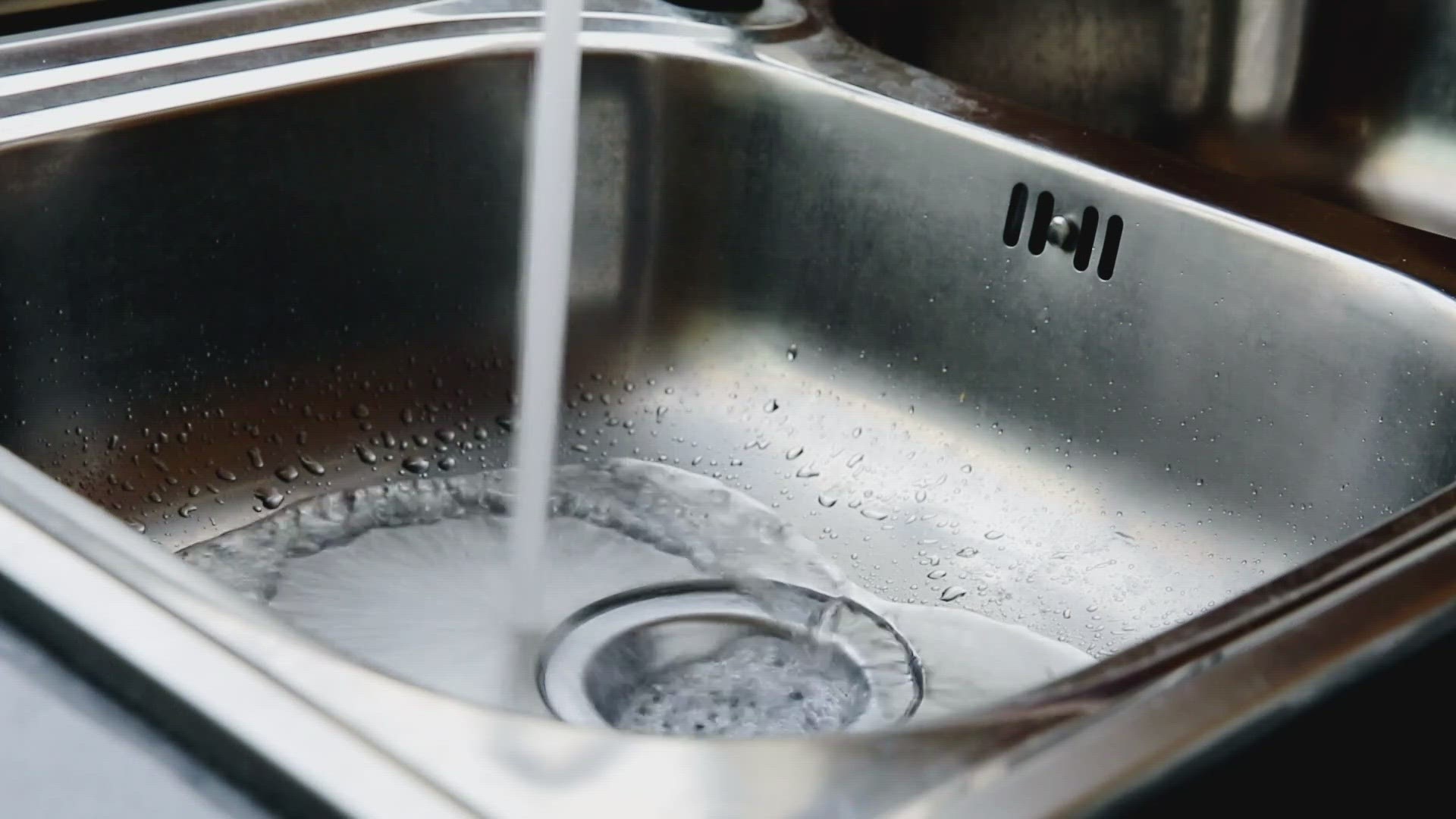LOUISIANA, USA — Doctors say an overwhelming majority of Americans, especially people in Southeast Louisiana, are already taking in too much salt every day.
And now there is the added concern about adding even more if the salinity levels in the water go up.
So, here are some medical guidelines.
LSU Health Public Health expert, Dr. Ben Springgate, says some people have to pay very close attention to how much sodium they are taking in.
People at high risk are those who have:
- High blood pressure
- Heart disease
- Congestive heart failure
- Kidney disease
“If you're taking in more salt than usual, and you have one of those conditions, that can be harmful for you. And we don't want to end up with people having exacerbations of their kidney disease, exacerbations of their heart failure, their blood pressure going up significantly, which can lead to hospitalization or worse,” explained Dr. Ben Springgate, LSUHSC Professor of Medicine and Chief of Community and Population Medicine.
To make matters worse, he says too many of us already get too much sodium in our daily diets. Canned foods and soups are loaded with added sodium. Some frozen dinners are too.
These labels read up in the hundreds. Healthy people should not have more than 2,000 milligrams a day. Diets often have as much as 3,500 milligrams a day. Cutting back to 1,000 milligrams a day can help lower blood pressure.
“Salt intake causes, oftentimes, fluid to increase in the body. You don't end up excreting as much fluid, and that has bad effects on your high blood pressure. It can cause your heart to have difficulty pumping if you have heart failure. It also impacts your kidneys as they are trying to get waste out of your body.”
And he has this advice for people who don't have those health conditions.
“Too much sodium in someone who's healthy can contribute to the development of high blood pressure, can contribute to worsening heart disease, and so these types of things make a difference over the long haul. In the near term, unless you're drinking or eating a lot of salt, it's not going to have a big impact, but over time it can make a big difference,” he said.
So, the bottom line is as you count your sodium milligrams in your food, you now may need to add what is in your water.
People with those special health conditions can make sure they are not getting added sodium in their diets now by drinking bottled water.
► Get breaking news from your neighborhood delivered directly to you by downloading the new FREE WWL-TV News app now in the IOS App Store or Google Play.

